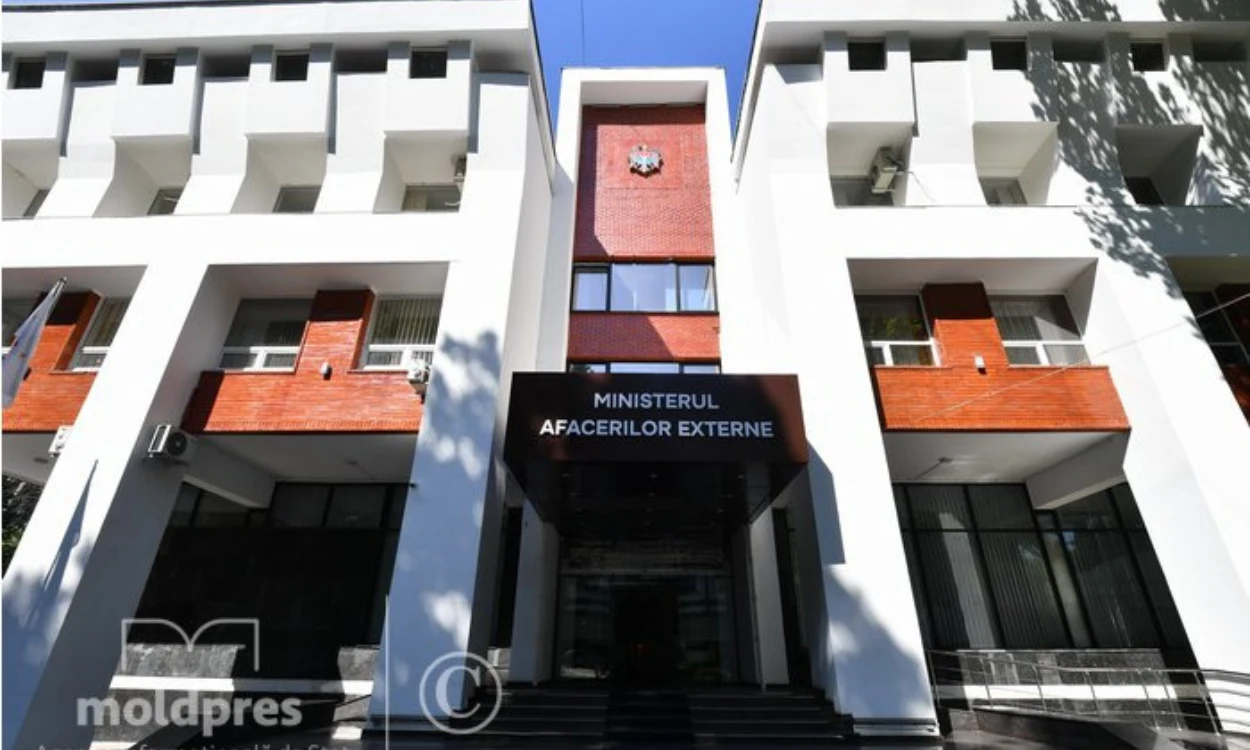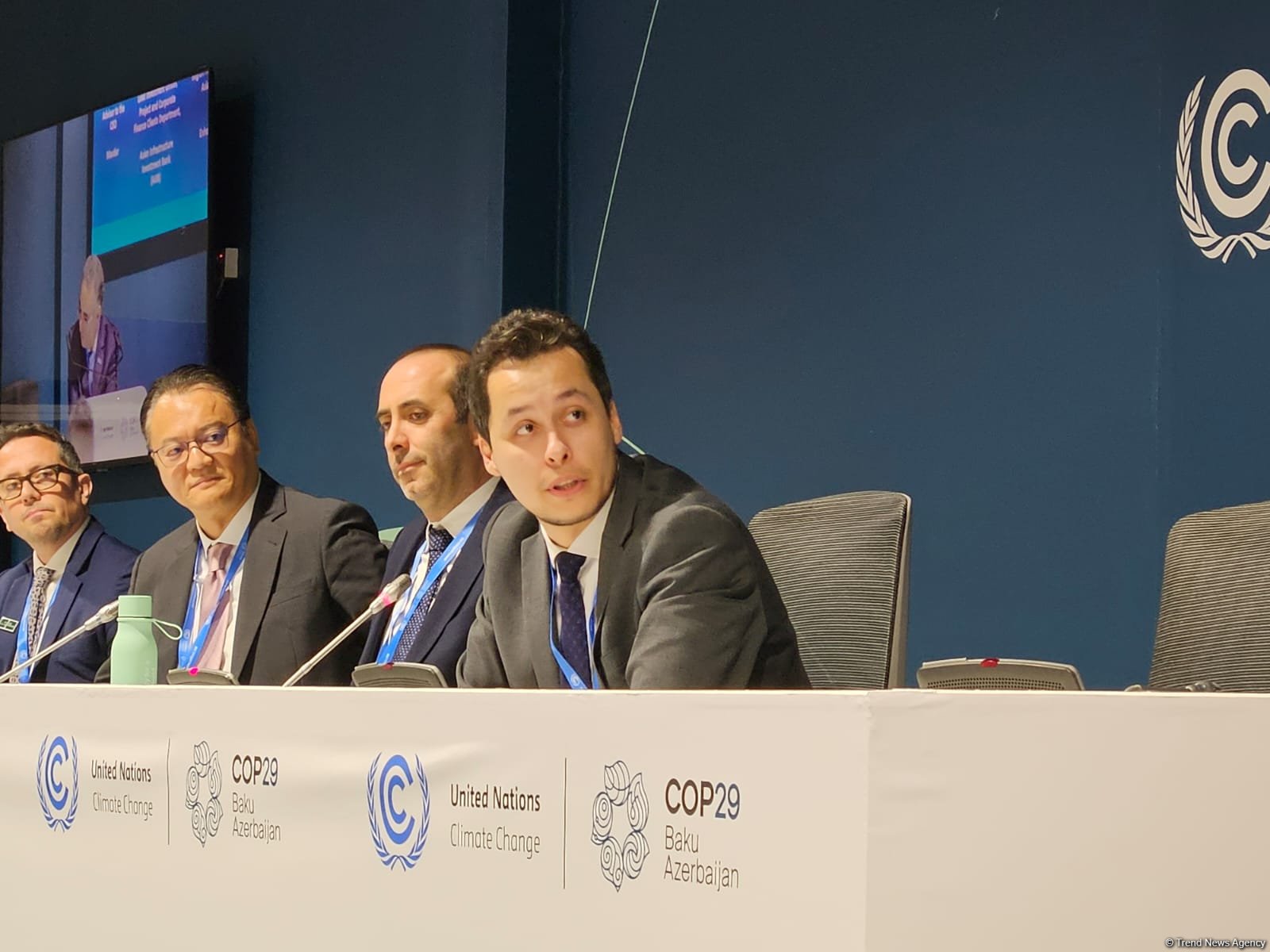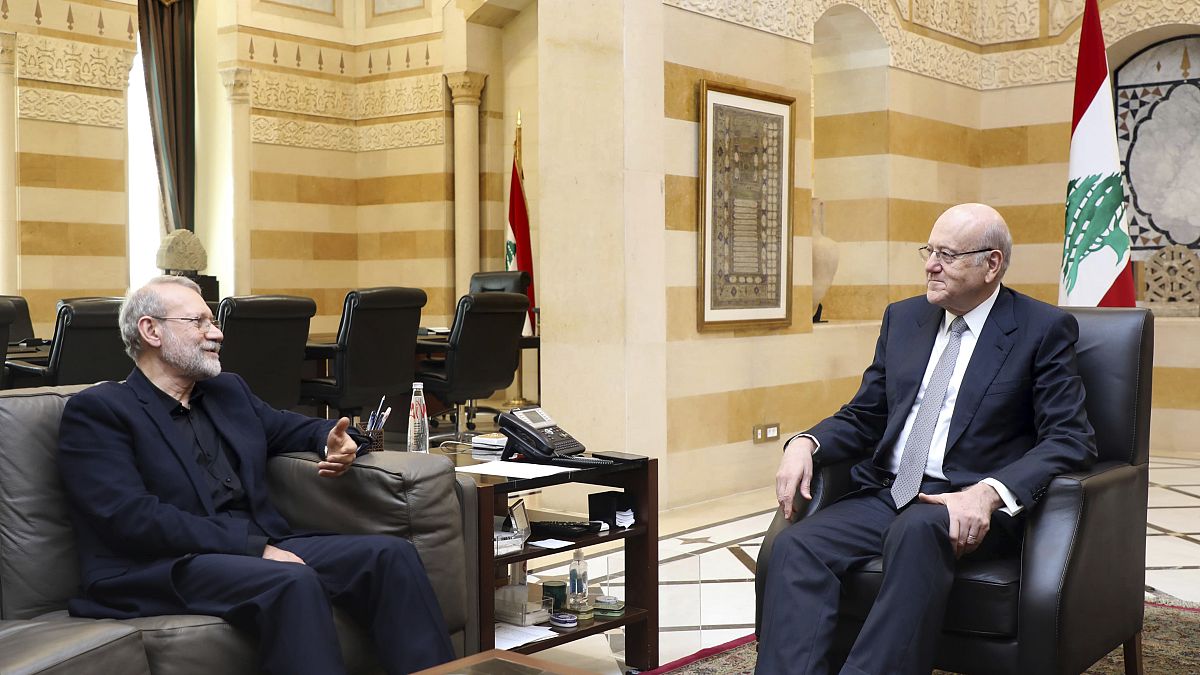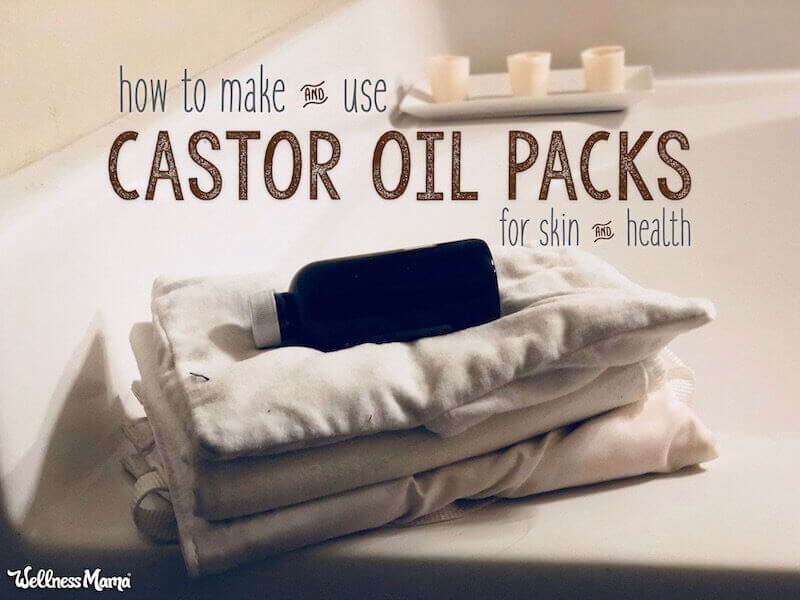Friday (25 November) is the UN’s International Day for the Elimination of Violence against Women, and we’ll hear from world leaders and corporations espousing the virtues of equality through flashy campaigns and carefully-worded messaging calling for “safety”, “protection” and “freedom”.
These slogans continue to reverberate every 25 November and obviously do not stop the staggering number of women who experience violence in Europe.
-
Women in Poland protesting for abortion rights, and against the conservative-nationalist PiS government (Photo: Eric Maurice)
One-in-three women in the EU has experienced physical and/or sexual violence and cases of ‘feminicide’ continue to rise, with 788 women murdered in 2020 by a family member or intimate partner in 17 EU member states.
But these are not the only types of violence women in the EU suffer.
Justyna Wydrzyńska is standing trial for “aiding and abetting abortion”.
Her freedom and fate lies in the hands of sexist Polish judges. The three-year sentence she is facing in January 2023 is a form of state-sanctioned violence: the intimidation of an activist, who, for 15 years supported women pursuing their sexual and reproductive rights.
Her crime? Helping Ania, a victim of domestic violence, who was prevented from seeking an abortion by her husband. Ania turned to Justyna to buy medication to induce an abortion at home.
There are protestors in Poland facing up to eight years in prison for demonstrating for a woman’s right to choose. And women in Malta who, fearing prosecution for their home abortions, do not seek medical assistance in the case of complications.
We don’t hear about the everyday violence of laws that restrict access to abortion. Whether it’s physical deaths, injuries and illnesses, or the emotional trauma of being denied or delayed an abortion and the economic violence that reserves abortion to those who can afford it.
Thanks to the work of feminist movements and women around the world, legal developments to protect the right to abortion are in happening.
After an American woman almost died when she was refused an abortion in Malta, the government announced last week that it would ease its abortion ban — allowing doctors to terminate a pregnancy if a mother’s life or health is at risk. In France, lawmakers recently took the first steps to enshrine abortion rights in the constitution. But this doesn’t go far enough.
The EU prides itself on driving up standards and improving equality among citizens. Yet the difference in treatment between women seeking abortions in France or Belgium and in Hungary or Italy is stark. The anatomy of a woman is the same in Germany as in Malta. The hippocratic oath is also the same.
And yet, some women have to pay, some do not. Some women are forced to undergo an ultrasound and obtain the permission of their partner. Some women face numerous psychological assessments and must gain consent of multiple doctors. Some women can access abortion in certain circumstances, some under no circumstances.
If this were any other medical procedure that was lifesaving or necessary for a healthy life, you would say that denying it is cruel, violent even. This was the position of the UN’s Office of the High Commissioner for Human Rights when they said: “denying access to health services, […] including abortion, […] can constitute gender-based violence, torture and/or cruel, inhuman and degrading treatment.”
Every day, thousands of women are subjected to patriarchal violence: whether it’s at home, in their public life, or through the structural violence of a state that denies them the most basic rights.
We’re asking the European Union to stop hiding behind pinkwashed slogans and finally walk the talk by providing all necessary legal tools to guarantee women their rights.
Update 25 November: We updated the title to replace the word ‘pinkwashing’ with ‘talk’ to more accurately reflect the content.




















Discussion about this post